Experts warn you should never mix bleach and vinegar when cleaning – here's why
Mixing the two household 'cleaners' could prove lethal. Two experts weigh into the debate...

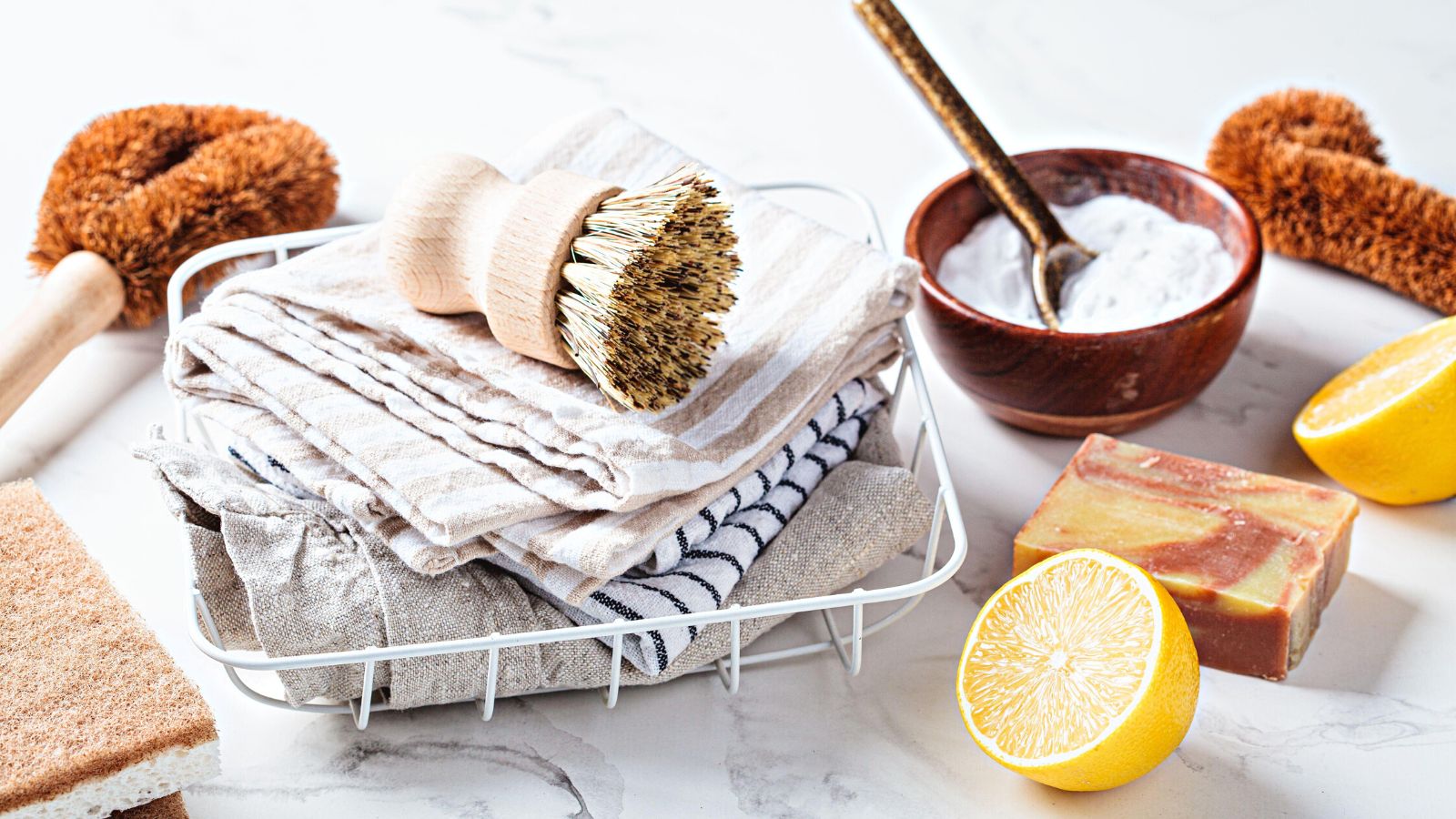
Design expertise in your inbox – from inspiring decorating ideas and beautiful celebrity homes to practical gardening advice and shopping round-ups.
You are now subscribed
Your newsletter sign-up was successful
Want to add more newsletters?

Twice a week
Homes&Gardens
The ultimate interior design resource from the world's leading experts - discover inspiring decorating ideas, color scheming know-how, garden inspiration and shopping expertise.

Once a week
In The Loop from Next In Design
Members of the Next in Design Circle will receive In the Loop, our weekly email filled with trade news, names to know and spotlight moments. Together we’re building a brighter design future.

Twice a week
Cucina
Whether you’re passionate about hosting exquisite dinners, experimenting with culinary trends, or perfecting your kitchen's design with timeless elegance and innovative functionality, this newsletter is here to inspire
If you’ve ever scrolled through cleaning TikTok, then you’ve seen the one household product that’s often touted as a cleaning must-have: vinegar. Most specifically, white vinegar. As anyone and everyone in the cleaning world will tell you, cleaning with vinegar is good for almost everything.
But while vinegar on its own can be a great cleaning solution, there’s one thing you should never mix it with to clean – and it’s another common household product. Experts are very clear: you should never mix bleach and vinegar.
So, what happens when you mix bleach and vinegar? As TikToker Stephanie Booth briefly explains in this video, it releases chlorine and chloramine vapors, which definitely sounds scary. But what does that really mean, exactly?
We turned to a few experts to find out. But first, we wanted to find out why bleach and vinegar are so beloved on their own when it comes to the best cleaning tips.
Can you mix bleach and vinegar?
As it turns out, mixing bleach and vinegar isn’t just ‘not advised’ – it’s actually incredibly dangerous. So, what is the reaction when mixing vinegar and bleach?
'The acidic properties and chemical make-up of both bleach and vinegar can create a harmful chlorine gas and they should never be mixed together,' says Kathy Cohoon of Two Maids Cleaning. 'The noxious gas can irritate lungs and potentially be fatal.'
'When bleach and vinegar mix this creates chlorine gas and the fumes can be deadly,' adds Koch. 'A good rule of thumb is to never mix bleach with anything (but water) and only use it on its own,' which is also why you should never mix bleach and baking soda for cleaning, either.
Design expertise in your inbox – from inspiring decorating ideas and beautiful celebrity homes to practical gardening advice and shopping round-ups.
When separate, though, these two products, as well as vinegar, are ideal to have in your cleaning arsenal.
What is bleach used for?
Bleach is great for disinfecting
“Bleach has great disinfecting and whitening properties, making it a great solution for killing bacteria, making white sheets pop, and more,' says Kathy Cohoon. 'It is also usually pretty budget-friendly. Bleach is great for sturdy, white fabrics and germ hubs like doorknobs, trash cans, and toilets.'
Jill Koch, owner and creator of Jill Comes Clean, agrees. 'Many people love bleach because of how well it works as a disinfectant to kill viruses, bacteria, and fungi. Aside from that, people love the whitening power of bleach and the ability to help bring dingy laundry back to life or get rid of stubborn stains.'
Koch also shared some of her favorite uses for bleach:
But, as Koch says, even the above must be done with caution. “If using bleach, always wear gloves and check the container for the recommended dilution method for each use,” she says.
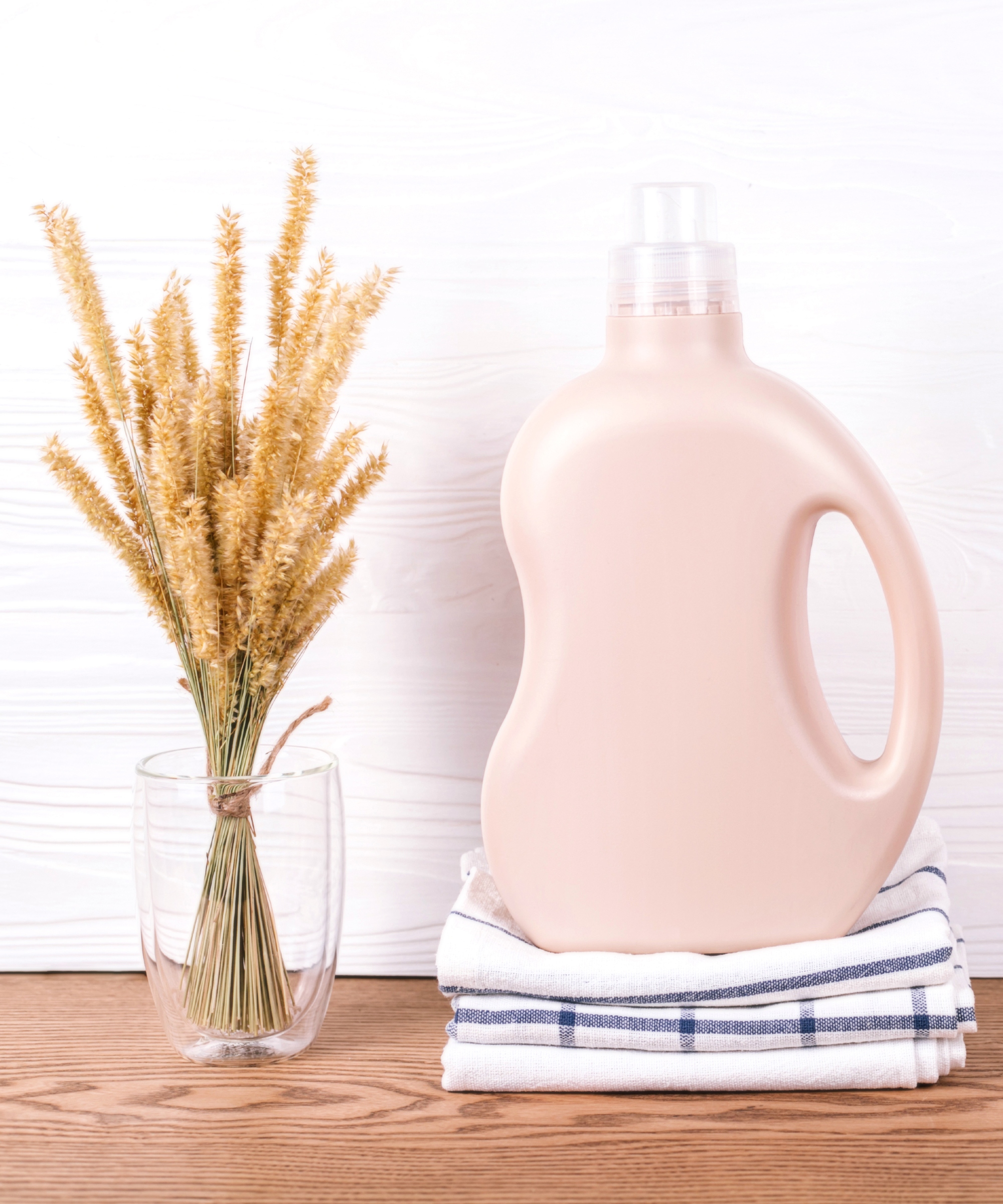
What can I clean with vinegar?
Vinegar is great for stain and odor removal
One of the reasons vinegar has become so widely used is because of its stain and odor-removing powers, especially on kitchen and bathroom fixtures.
'Vinegar is a great, natural cleaning solution as its acidic properties help break down grime and make spaces sparkle,' explains Cohoon. 'Vinegar can be used to clean many things including sinks and bathtubs, or mixed with baking soda to make a great stain remover.'
'Vinegar is great for cleaning because it's natural, can neutralize odors, and it's acidic so it's able to power through a lot of stubborn messes like grease and buildup,' agrees Koch. 'The acidity also helps dissolve mineral deposits making it great for hard water stains and soap scum.'
While your safest bet is to dilute bleach with water and not much else, Koch tells us that vinegar is more versatile. 'Vinegar can be used alone or often combined with other ingredients to make DIY cleaners such as baking soda, water, and rubbing alcohol,' she says.
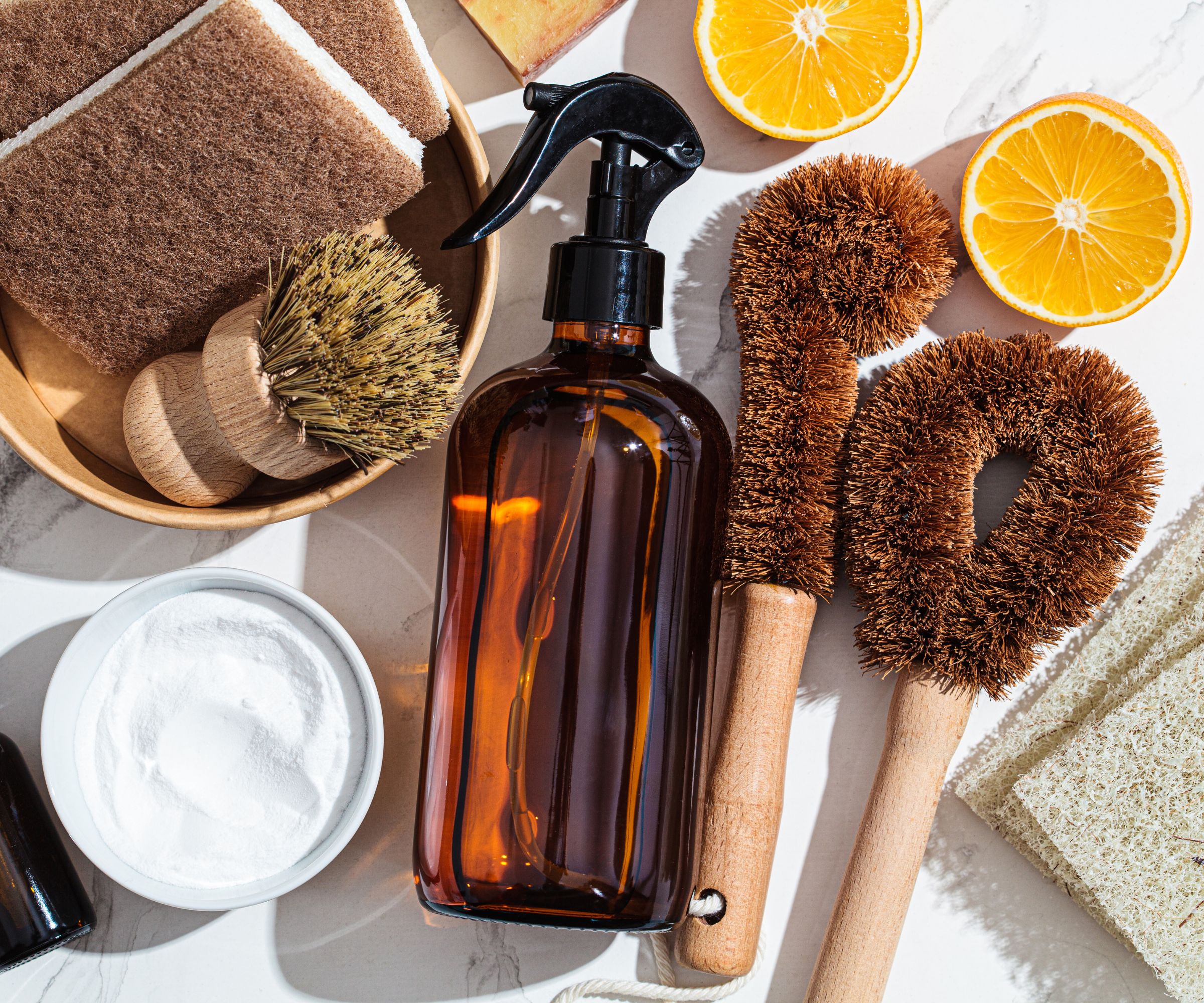
Is bleach safe to use?
Bleach should be used with caution
Even without vinegar mixed in, bleach is something that should be used with added protection measures in place.
'Bleach can be a skin and eye irritant, so be mindful when using it,' says Cohoon. 'Bleach is also a harsh chemical, so it can damage certain surfaces like quartz or delicate fabrics like silk so always make sure your space is bleach-friendly before using it. And, be sure to wear gloves when cleaning with bleach as it can dry and damage your skin.'
If you want the results of bleach but don’t want it in your home, Koch tells us there are some great alternatives – with far less terrifying consequences.
'I personally recommend bleach be used sparingly. While it does work to kill germs and brighten whites, it's also a toxic chemical that can be harmful. (It) has to be used with caution around other cleaners and products,' adds Koch. 'These days, if someone doesn't want to use bleach, there are lots of alternatives that are still as effective but with less risk.'
'Peroxide is a bleach alternative, as is Borax and Force of Nature,' Koch says. 'Now, with peroxide and Borax, you still have to practice safe handling – keep out of reach of children and make sure to use properly to achieve the desired result. For example, if using peroxide as a disinfectant, it has to sit on a surface for ten minutes or longer. Force of Nature is another product that is as effective as bleach, but without the harmful chemicals.'
Is vinegar safe to use?
Vinegar can cause damage, too
While vinegar seems like a pretty gentle cleanser, it can still do damage on its own –yes, even when it’s not mixed with bleach.
'Vinegar is acidic so you have to be careful when using it,' says Cohoon. 'For any fireplaces or countertops with a stone finish, skip the vinegar as it can damage the finish. Vinegar can also damage appliances so avoid using it in things like clothes irons or vacuums.'
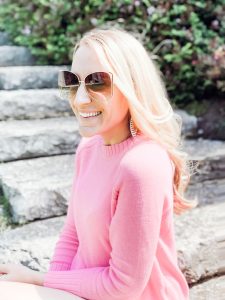
Jill Koch is an expert in all things organizing and cleaning. She’s a mom, wife, nurse, and former news reporter who never lost the sharing side of reporting, and thus her blog, Jill Comes Clean, was born.
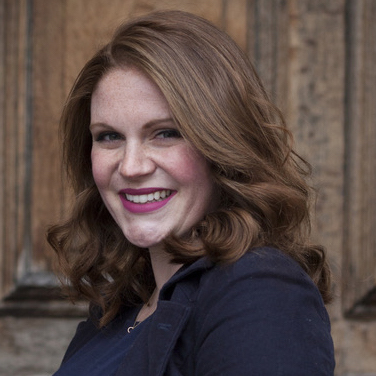
Ashley Chalmers is a freelance writer for Homes & Gardens with over 10 years' experience as a digital writer and content creator. Ashley started her career in entertainment and fashion PR in New York, before moving to the French countryside and taking up travel blogging. Now, Ashley lives in London. Her passion for travelling is only matched by her love of making her house feel like a home, and she loves to include her finds from around the world in her decor.